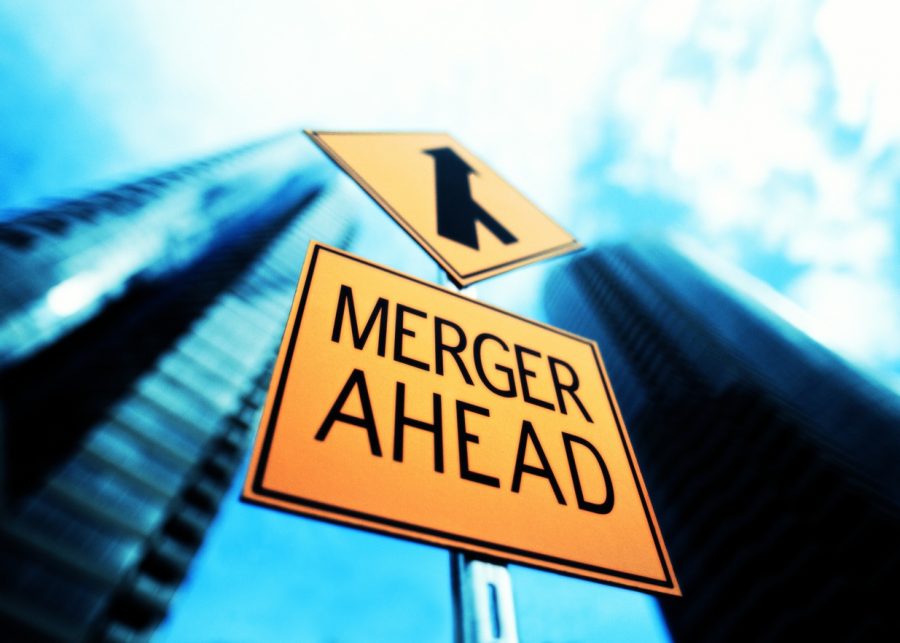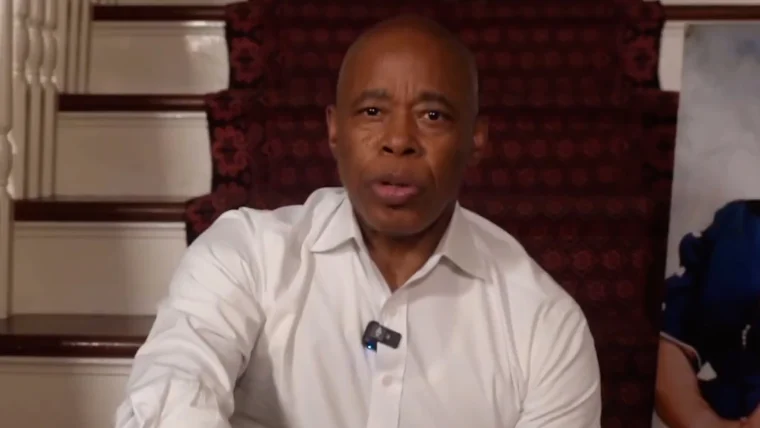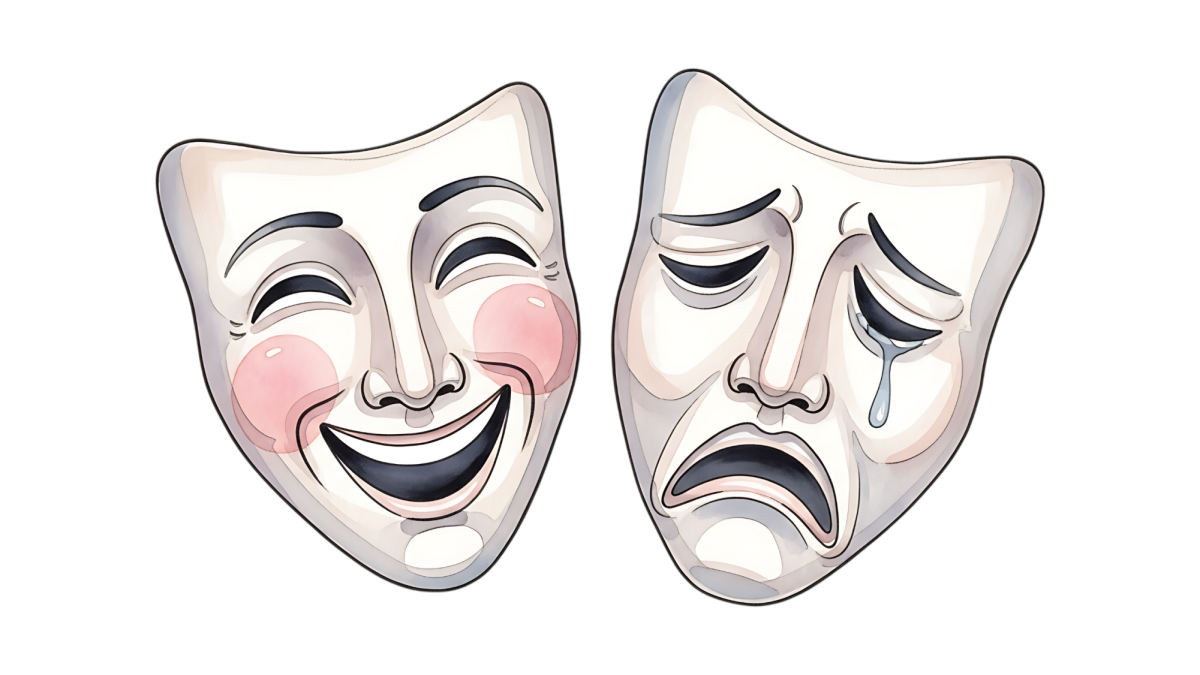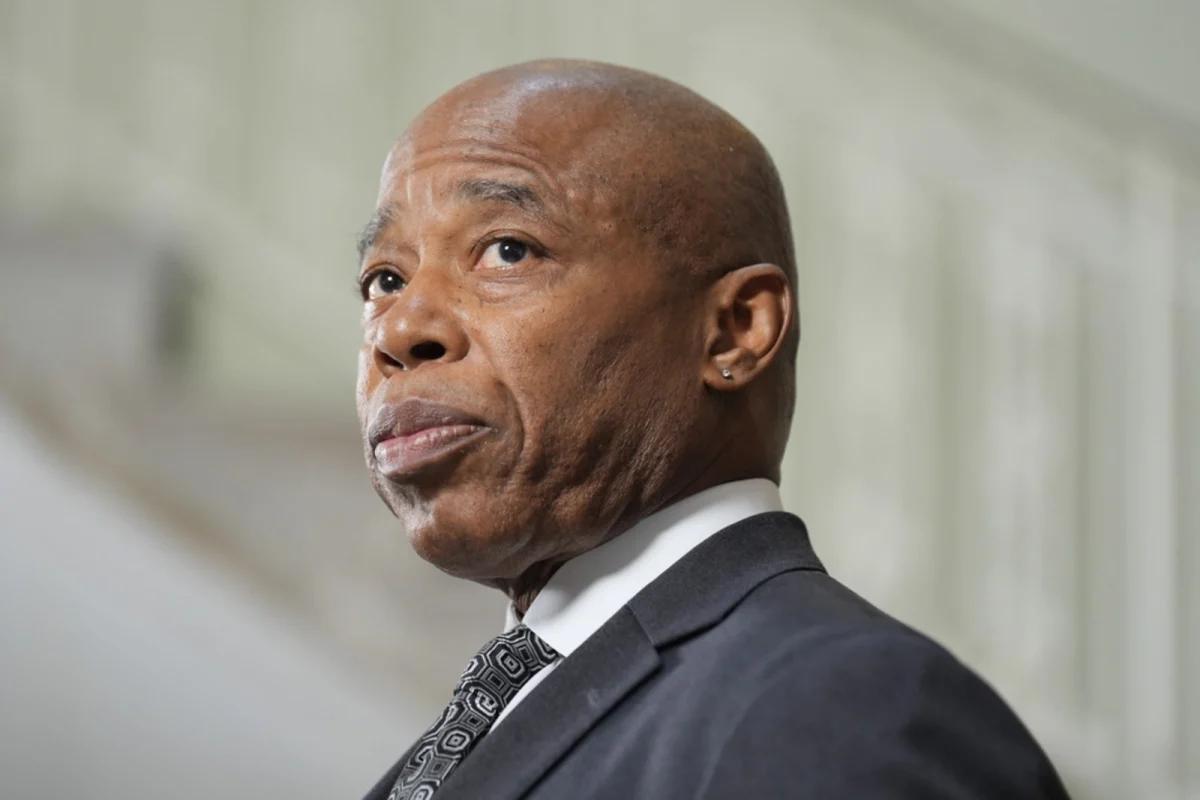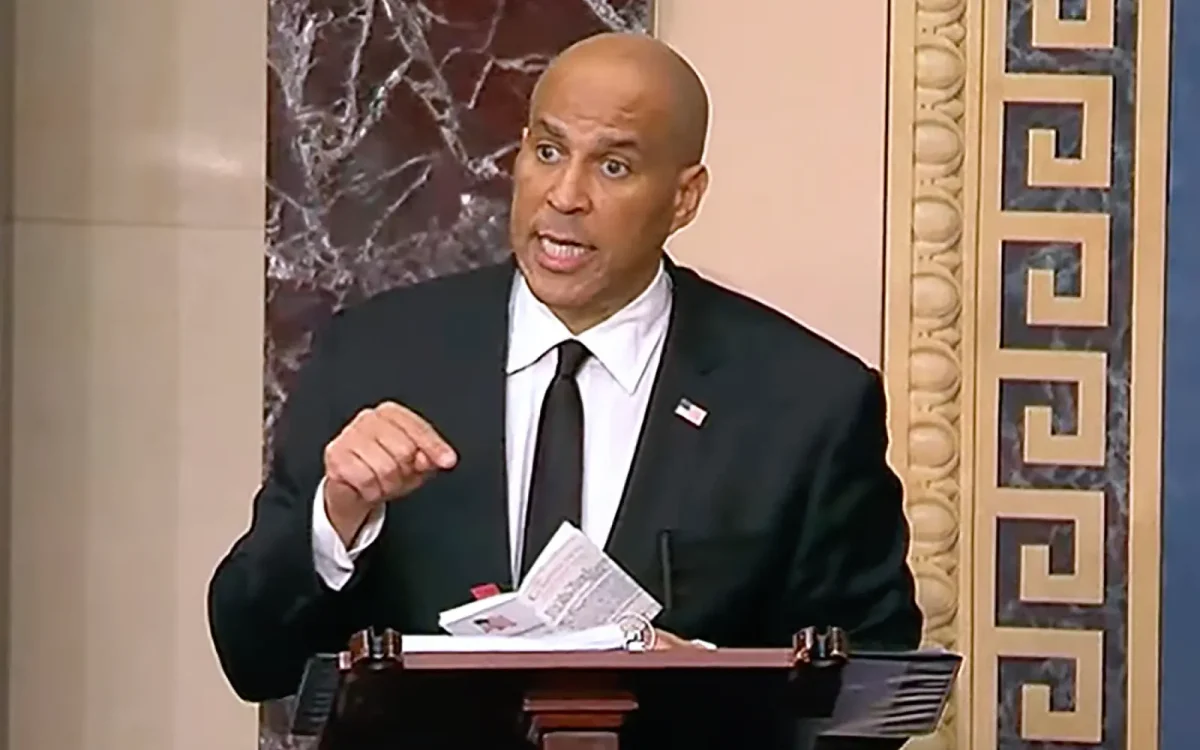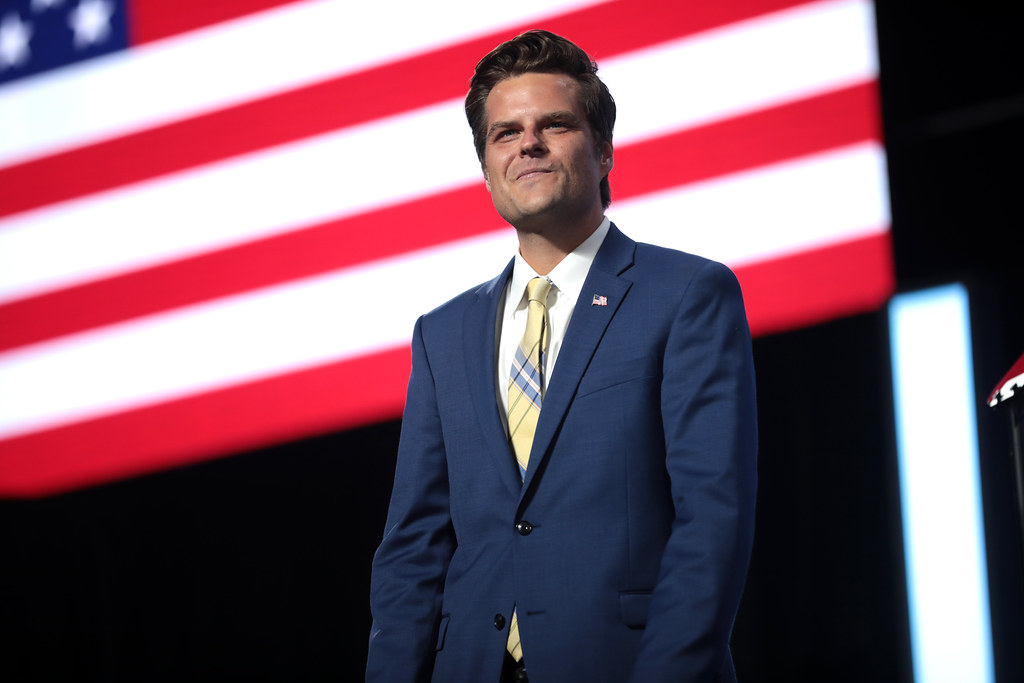The AT&T-Time Warner merger, confirmed as of Oct. 23 by both companies, is set to be the largest ever recorded in the history of commerce. AT&T, the American multinational telecommunications conglomerate, is set to acquire Time Warner, the media giant responsible for CNN, HBO and Warner Brothers to name a few, for a whopping $85.4 billion.
While this shocking figure is newsworthy in and of itself, the merger has implications for the future of telecommunications worldwide. It is for this reason that the merger’s announcement from AT&T’s CEO Randall Stephenson earlier this week was largely met with controversy and criticism from political pundits and public figures alike. The Federal Communications Commission has yet to approve of the merger. Approval may take over a year seeing as though anti-trust legislation may prohibit the consolidation of such large media corporations.
In defense of the merger, Stephenson, along with other proponents of the merger, have cited the fact that the acquisition would be a vertical, not horizontal integration on AT&T’s part since AT&T is a telecommunications distributer, while Time Warner produces the media which gets distributed. Therefore the move would not diminish competition nor give either company an unfair advantage over its competitors.
There are still concerns, however. AT&T could make their services the sole carrier of Time Warner content, forcing those who enjoy Time Warner programming to subscribe to AT&T-operated internet, cell phone, or television. Furthermore, AT&T could give special privileges to Time Warner media content. This may include crowding out DirectTV streaming, a company owned by AT&T, with mostly Time Warner television or making the streaming of Time Warner content free over their mobile devices, while still having it that other media companies drain data from users’ cell phone plans. Any combination of these extra-market interventions allowed for by the merger would make it so that new media companies, or existing yet smaller ones, would essentially have no shot at success in the industry considering AT&T is the largest telecommunications company in the world by revenue. In essence the complexity of the merger’s implications are as entrenching as AT&T itself.
Stockholders of AT&T are worried about the huge sum of debt the company will be running up against after the DirectTV price decrease and the high cost of acquiring Time Warner. One may note however that the price decrease of AT&T’s television service will actually be undercutting the cost of cable television. In the long run, AT&T may be able to out-compete its competitors which would result in a high premium on its investment in Time Warner. Monopoly or not, AT&T is clearly trying to consolidate as much of the telecommunications industry as it can.
Despite this, University Lubin School Marketing Professor Chiagouris feels as though the AT&T-Time Warner merger will enhance the experience of accessibility of media for users going forward. “20 or 30 years ago, there were not as many companies delivering content into homes and businesses. There are far more competitors and ways to access content today. In similar fashion, 20 or 30 years ago, there were not as many content creators as there are today. In fact, anyone with a cell phone has the opportunity to create and deliver content to others. The net result of all this is that some consolidation will likely provide even greater economies for the larger companies to either keep costs down or develop new forms of content that will drive more relevant entertainment and information in general,” says Professor Chiagouris.
In response to the AT&T-Time Warner merger controversy Donald Trump’s presidential campaign released the following statement: “Donald Trump would never approve such a deal because it concentrates too much power in the hands of the top and powerful few.”
Similarly, former Democratic Primary contestant and current Vermont Senator Bernie Sanders issued a statement on Twitter suggesting that President Obama should implore the FCC to employ anti-trust legislation to prevent the merger. Democratic Presidential Nominee Hillary Clinton’s prospective Vice President Tim Kaine expressed a similar sentiment. In today’s political climate of populist upheaval against economic elitism and financial concentration, the merger could not have come at a worse time for AT&T’s public image.

